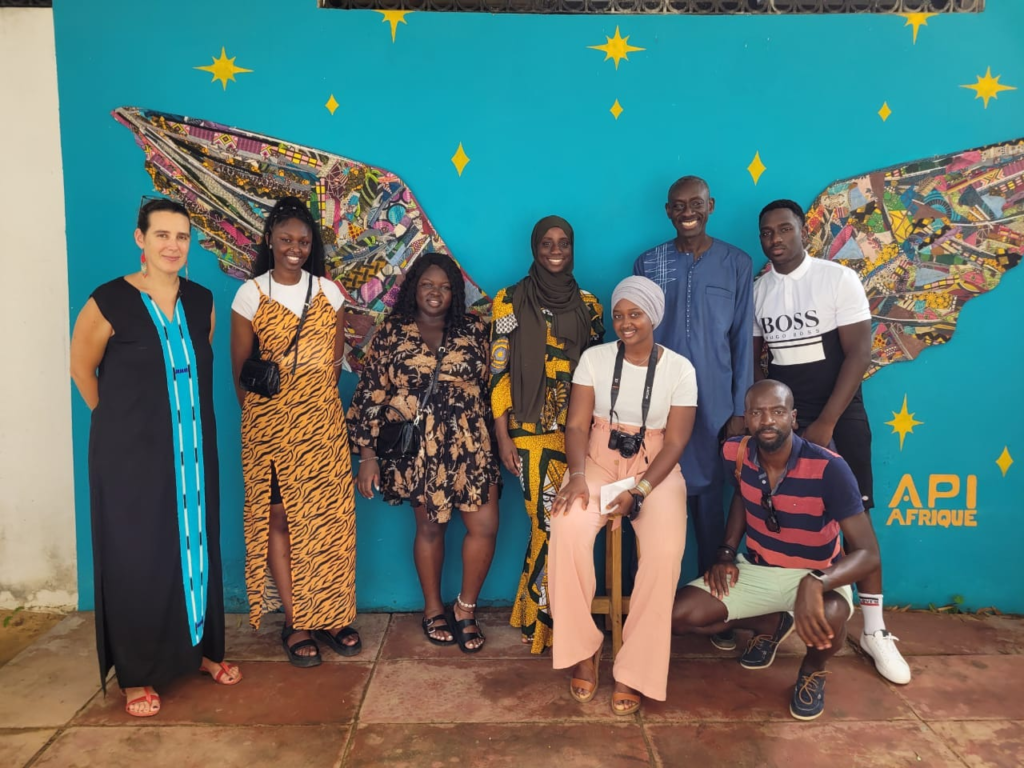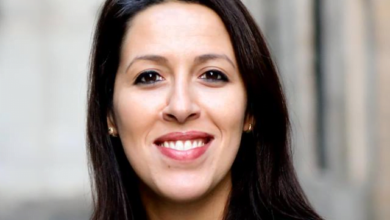Kara Diaby : Repat Africa, connecting the African diaspora to the continent’s opportunities
Repat Africa, founded in 2020, facilitates the integration of "repats" by offering networking, training, and investment opportunities in local start-ups and SMEs. Explanations from Kara Diaby, its founder.

Kara Diaby, you were yourself a repat; is that what led you to create Repat Africa?
Indeed, after my studies, I worked for three years in Africa. I was first a European volunteer in Cameroon between 2015 and 2017, where I worked at the port of Douala, mainly in exporting fruits and vegetables to Europe and importing used vehicles. This responsible position allowed me to interact with local authorities such as customs, dockworkers, and the port authority. Unlike many expatriates, I immersed myself with the locals, which helped me understand cultural codes. After this experience, I went to Côte d’Ivoire, then to Senegal, where I worked for six months. Unfortunately, this last experience did not go well, which led me to resign and return to France.
I then worked for two years in a start-up specializing in software development, which allowed me to acquire new skills. After these two years in France, I felt the desire to return to work in Africa. I started applying for various positions, but I quickly realized that the market had evolved. Local skills had developed thanks to schools like HEC that had established themselves locally, which limited opportunities for expatriate contracts. I was offered local salaries of around 600 euros, which was not viable for me. I thought there were surely other people from the diaspora in the same situation. I was looking to join an organization that would help diaspora members find opportunities to work or start businesses in Africa. Not finding an organization that met my expectations, I decided to create one myself. This is how Repat Africa was born in 2020, initially in the form of a newsletter to test people’s interest. In one month, I had 1,000 subscribers, which showed me there was a real demand. I then began to structure the community, creating a group and then an association.
« Repat » individuals need to connect with other « repats » to integrate and succeed in their return
Specifically, how do you support diaspora members in realizing their « dream » of returning to the continent?

Today, we have two main activities. The first is the association activity, which has over 400 members. We organize training, business trips to discover entrepreneurial and socio-cultural opportunities in Africa, and we facilitate collaboration among members through regular events. The social aspect is very important, both in Europe and once back in Africa, where it is crucial to integrate and create networks. We also noticed that there was a cultural difference between those who studied abroad and locals who remained on the continent, which requires readjustment. « Repat » individuals need to connect with other « repats » to integrate and succeed in their return.
In addition, we created a diaspora investment fund, « Repat Invest, » to allow each member to invest in African start-ups and SMEs. We have already made two investments totaling 300,000 euros. The first, in January 2024, was in a Senegalese start-up, Kemet Automotive, which manufactures electric vehicles. We invested 120,000 euros to help them develop their prototype. The second investment was made in DanaPay, a company specializing in money transfers via blockchain, which reduces sending fees.
Our goal is to strengthen our collective impact and actively participate in the continent’s economic growth
Access to financing is one of the main challenges facing diaspora entrepreneurs, right?
Access to financing is one of the biggest challenges. Unlike countries like France, there are no equivalents to BPI (French Public Investment Bank) to support projects. Entrepreneurs have to fend for themselves and often face exorbitant interest rates imposed by banks. In addition, there is often a lack of legal training and market understanding. That’s why we organize trade missions and offer training to help our members better navigate these challenges.
You also mentioned opportunities. How does Repat Africa promote these opportunities for the diaspora?

We have several programs to promote these opportunities, notably through our business trips. For example, recently, in Casamance, we met farmers and entrepreneurs who wanted to get into raw material processing. We identified thousands of tons of mangoes wasted each year and considered transformation projects into compotes or juices, or even using waste to make mango butter for cosmetics. Although this project did not come to fruition, it’s the kind of opportunities we explore. We have also initiated investments in amusement parks in Côte d’Ivoire, with affordable rates for families, addressing a real need on the ground.
There is often a lack of legal training and market understanding
What are the next projects for Repat Africa?

We continue to develop our investment fund and trade missions. Our goal is to strengthen our collective impact and actively participate in the continent’s economic growth. We also want to expand our community in other African countries and continue to offer tailored solutions to the needs of diasporas and local entrepreneurs.
For more information : https://www.repat.africa/fr/






